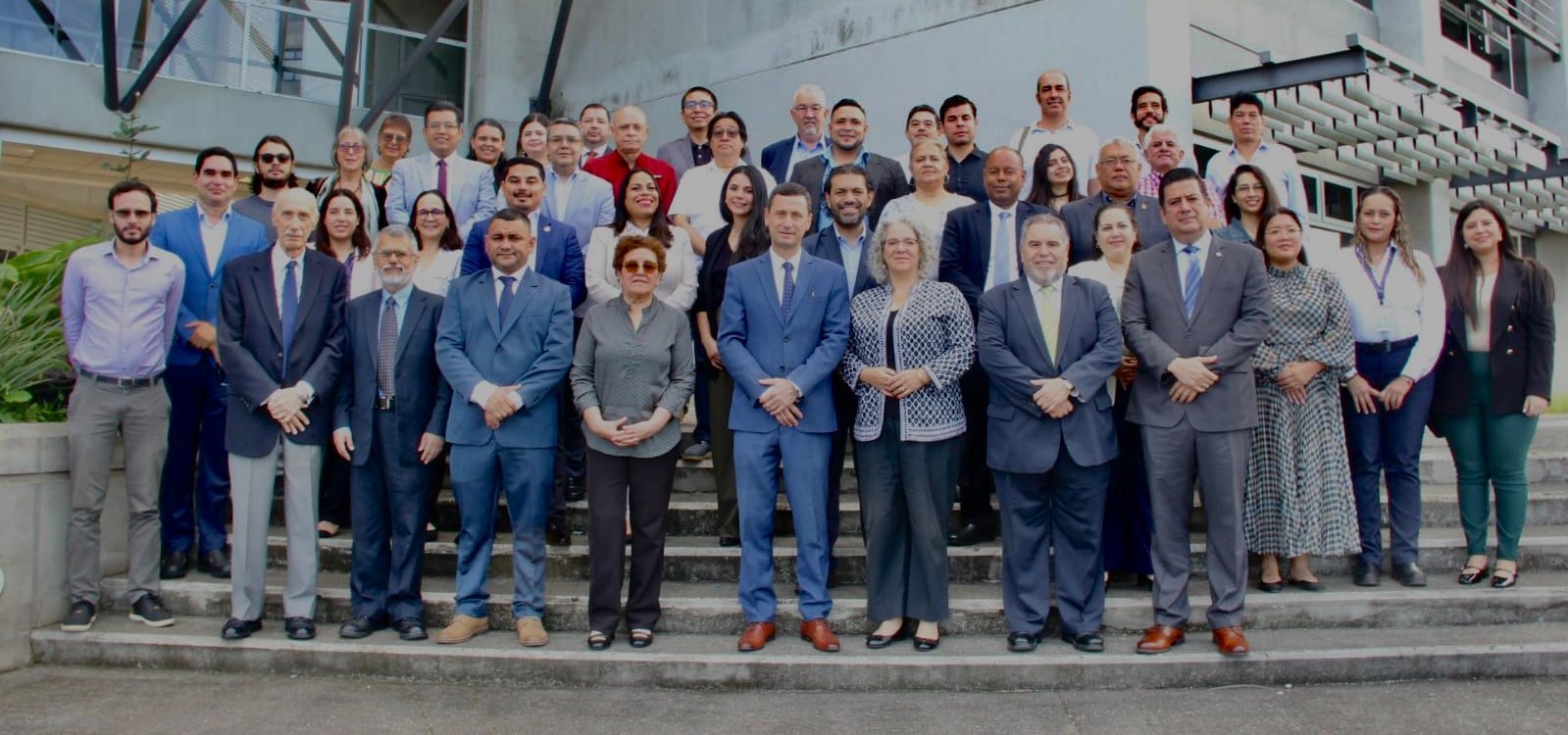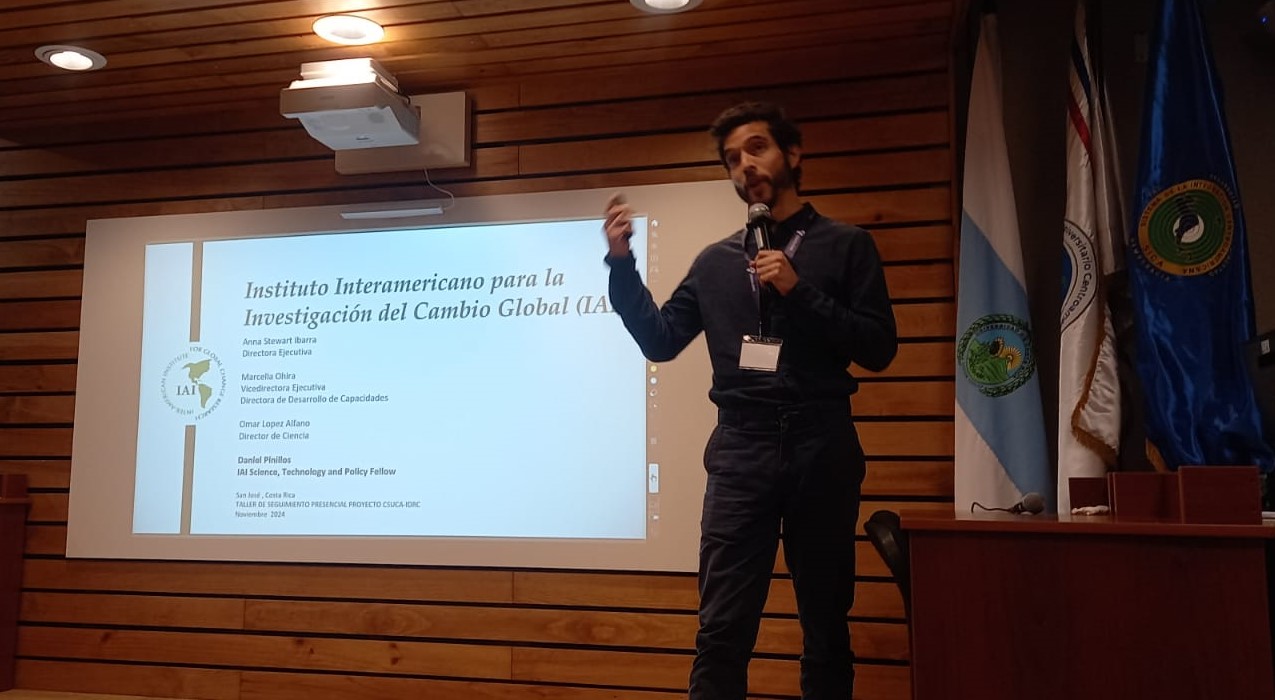CSUCA-IDRC Project Promotes Inclusion in Science and Innovation in Central America

On November 21 and 22, the Inter-American Institute for Global Change Research (IAI) participated in a workshop for the project “Strengthening Inclusive Science and Innovation Systems in Latin America through a Collaborative Research Network” held at the University of Costa Rica (UCR) in San José. This in-person event aimed to monitor the CSUCA-IDRC project, led by the Central American Higher University Council (CSUCA) in collaboration with institutions such as SG-SICA, CTCAP, SENACYT Guatemala, SENACYT Panama, and the City of Knowledge Foundation.
Funded by Canada’s International Development Research Centre (IDRC), the CSUCA-IDRC project has a planned duration of 60 months and encompasses the eight member countries of the Central American Integration System (SICA): Belize, Guatemala, El Salvador, Honduras, Nicaragua, Costa Rica, Panama, and the Dominican Republic. Its main objectives include creating networks for scientific collaboration, allocating funds to research projects focused on open science, and generating professional development opportunities for scientists, particularly those from vulnerable groups.

The workshop brought together representatives from research projects and featured key figures, including Carlos Aguirre, Project Coordinator; Carlos Alvarado Cerezo, CSUCA Secretary General; Ioanna Sahas Martin, Canadian Ambassador to Costa Rica; and Gustavo Gutiérrez Espeleta, Rector of the University of Costa Rica. In his remarks, Daniel Pinillos, IAI STeP fellow, highlighted the institute’s key initiatives, such as the training and research funding program “Tropical Forests: Global Implications and Pressing Actions” and the work of the Belmont Forum and its Collaborative Research Actions (CRA). He also emphasized the IAI’s transdisciplinary approach to research and capacity building, its Science Diplomacy Center, the STeP Fellowship program, and the IAI open data catalog.
The CSUCA-IDRC project aims to foster more inclusive science and innovation systems in the region, enabling it to find concrete solutions to the challenges faced by its most vulnerable communities.
For more information, visit the official CSUCA website at (https://csuca.org/es/idrc-csuca/).
